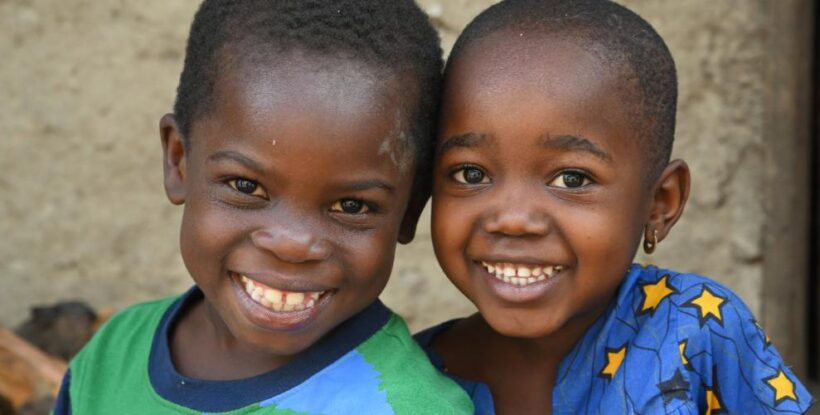“No country can claim to be free of racism.
It is a worldwide preoccupation
and the fight to end racism requires a universal effort”.
The Durban Declaration and Programme of Action
From Convergence of Cultures-Chile, which is a universalist humanist organisation dedicated to migration issues and volunteering for nonviolence in the world, we call on this important date to join in this global task, where the end of Apartheid is commemorated and there is a constant struggle to eradicate all forms of racial violence.
This 21 March 2023 is celebrated as the International Day for the Elimination of Racial Discrimination, it is an opportunity for it to promote action against racism and to make effective the axes of the International Decade for People of African Descent (2015-2024): recognition, justice and development, in order to raise awareness of the need to eliminate racial discrimination and associated prejudices.
Although progress has been made in some ambits, racial discrimination remains an obstacle to the full realisation of human rights in different nations. Exclusions and restrictions based on race, colour, descent or ethnic origin continue to be a source of conflict, suffering and loss of life in many parts of the world. Of particular concern concerning the adverse impact that racism and discrimination have on the most vulnerable populations, such as migrants, women, adolescents, girls, ethnic groups and people of Asian origin, gypsies, among others.
In the future, we will see larger-scale migratory processes of different human groups, different cultures, ethnicities, religions, which for different reasons have been forced to migrate, and without leaving aside the internal displacement of large human groups that go to territories different from their origin in search of a better quality of life.
Racial violence is not only a violation of human rights, but can also have negative consequences on the mental and physical health of those affected. Experiences of discrimination can affect self-esteem, quality of life and general health, which in turn can have a negative impact on people’s ability to participate fully in society and take advantage of opportunities.
Racial discrimination may have the purpose or effect of nullifying or impairing the recognition, enjoyment or exercise, on an equal footing, of human rights and fundamental freedoms of an individual or group. It is important to recognise and combat racial discrimination in all its forms in order to ensure equality and justice for all.
It is important to recognise and address all forms of racial discrimination, including institutionalised and structural discrimination, in order to achieve real and lasting change. This means promoting education and awareness-raising, as well as the implementation of policies and practices that promote inclusion and equality. We must also work to strengthen laws and protection mechanisms, encourage cooperation and dialogue between different ethnic and cultural groups.
To address this problem, concrete and direct action is needed to ensure that all human beings, regardless of their ethnicity, have access to the same rights and opportunities, whether economic, social, cultural, religious or in any other sphere of public life.
This will require a comprehensive and collaborator approach involving society as a whole. We must all play an active role in talking about inclusion, tolerance, integration, redress, diversity, equity, interculturality, to foster a global culture of tolerance, equality and anti-discrimination, which will undoubtedly lead us to a better world because there is no other way out.
Finally, Convergence of Cultures-Chile calls for personal reflection and consciousness on this issue, which would help to bring about a change in the way we treat others.
David Castro Gonzalez
Member of Convergence of Cultures-Chile










